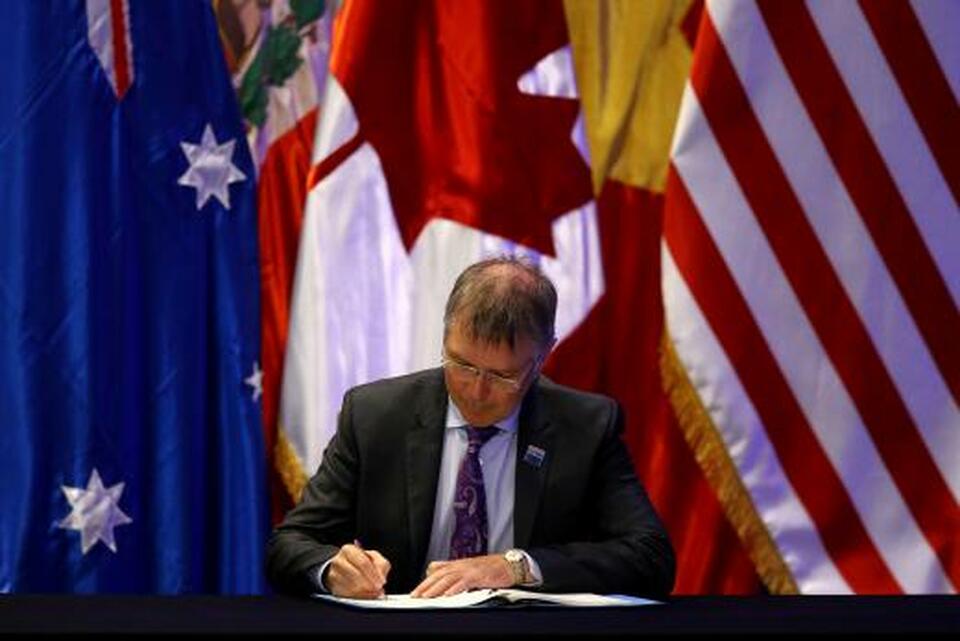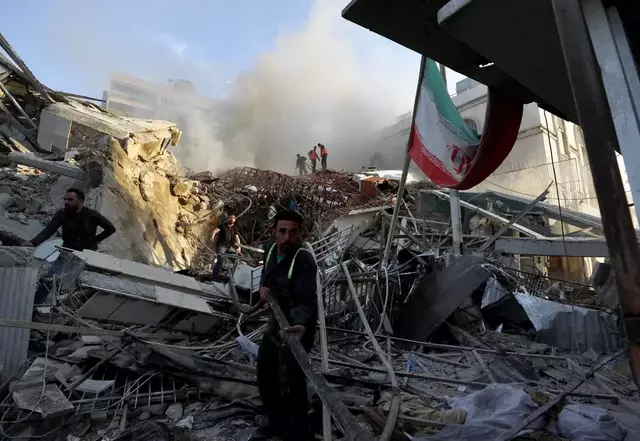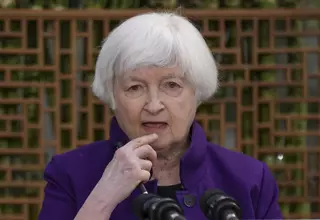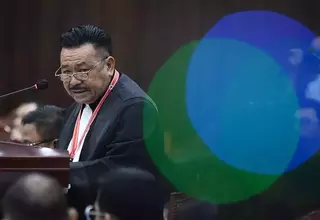Countering Global Protectionism, Pacific Trade Pact Nears Takeoff

Wellington. A landmark 11-country deal that will slash tariffs across much of the Asia-Pacific will come into force at the end of December, New Zealand said on Wednesday, a rare bright spot for global commerce as the US-China trade war intensifies.
The deal moved forward after Australia become the sixth nation to formally ratify the deal, alongside Canada, Japan, Mexico, New Zealand and Singapore.
"This triggers the 60 day countdown to entry into force of the Agreement and the first round of tariff cuts," said New Zealand Trade and Export Growth Minister David Parker. His country is responsible for official tasks such as receiving and circulating notifications made by members of the pact.
The original 12-member deal was thrown into limbo early last year when US President Donald Trump withdrew from the agreement to prioritize protecting US jobs.
The remaining nations, led by Japan, finalized a revised trade pact in January, called the Comprehensive and Progressive Agreement for Trans-Pacific Partnership (CPTPP).
The deal will reduce tariffs in economies that together amount to more than 13 percent of global gross domestic product (GDP) – a total of $10 trillion. With the United States, it would have represented 40 percent.
"As protectionist moves strengthen across the world, the importance of free and fair rules is growing more and more,” Japanese Economy Minister Toshimitsu Motegi told a news conference in Tokyo.
He added that Japan would continue be "a flag-bearer for free trade."
The success of the deal has been touted by officials in Japan and other member countries as an antidote to counter growing US protectionism. They hope that Washington would eventually recommit to the pact.
Trump's economic agenda, however, remains focused on China as a trade war between the world's two largest economies shows little sign of abating.
Trump on Tuesday warned he is ready to impose additional tariffs on Chinese goods if an agreement with Beijing could not be reached.
The United States has already imposed tariffs on $250 billion worth of Chinese goods, and China has responded with retaliatory duties on $110 billion worth of US goods.
The trade war threatens to check global economic growth, though signatories to CPTPP said the deal would be a boon for several sectors.
Australia said the agreement will boost agricultural exports, set to be worth more than A$52 billion ($36.91 billion) this year despite a crippling drought.
The five member countries still to ratify the deal are Brunei, Chile, Malaysia, Peru and Vietnam.
While most of the remaining parties to the agreement have vowed to ratify the deal, Malaysian Prime Minister Mahathir Mohamad said he was still weighing its benefits.
Peru's deputy trade minister Edgar Vasquez told Reuters he expects Lima will ratify the agreement before 2019.
"One of the countries that will benefit the most is Peru," said Vasquez.
Reuters
Tags: Keywords:POPULAR READS
Yellen Says Iran's Actions Could Cause Global 'Economic Spillovers'
Iran's missile attack on Israel early Sunday came in response to what it says was an Israeli strike on Iran's consulate in Syria.Prabowo Camp Cites ‘Procedural Error’ in Legal Challenge by Rival Candidates
The Constitutional Court's main task is to address alleged discrepancies in vote tallies, which neither of the plaintiffs challenged.Apple Wants to Increase Investments in Vietnam
Vietnam has become more important to Apple as the company seeks to diversify its supply chains away from China.China’s Top Diplomat Wang Yi to Visit Indonesia for Cooperation Talks
Chinese top diplomat Wang Yi will chair a policy coordination meeting aimed at strengthening Indonesia-China cooperation.President Jokowi Urges Global Restraint as Tensions Rise in the Middle East
President Joko "Jokowi" Widodo emphasized the importance of diplomatic efforts to prevent the escalation of conflict in the Middle EastPopular Tag
Most Popular






















